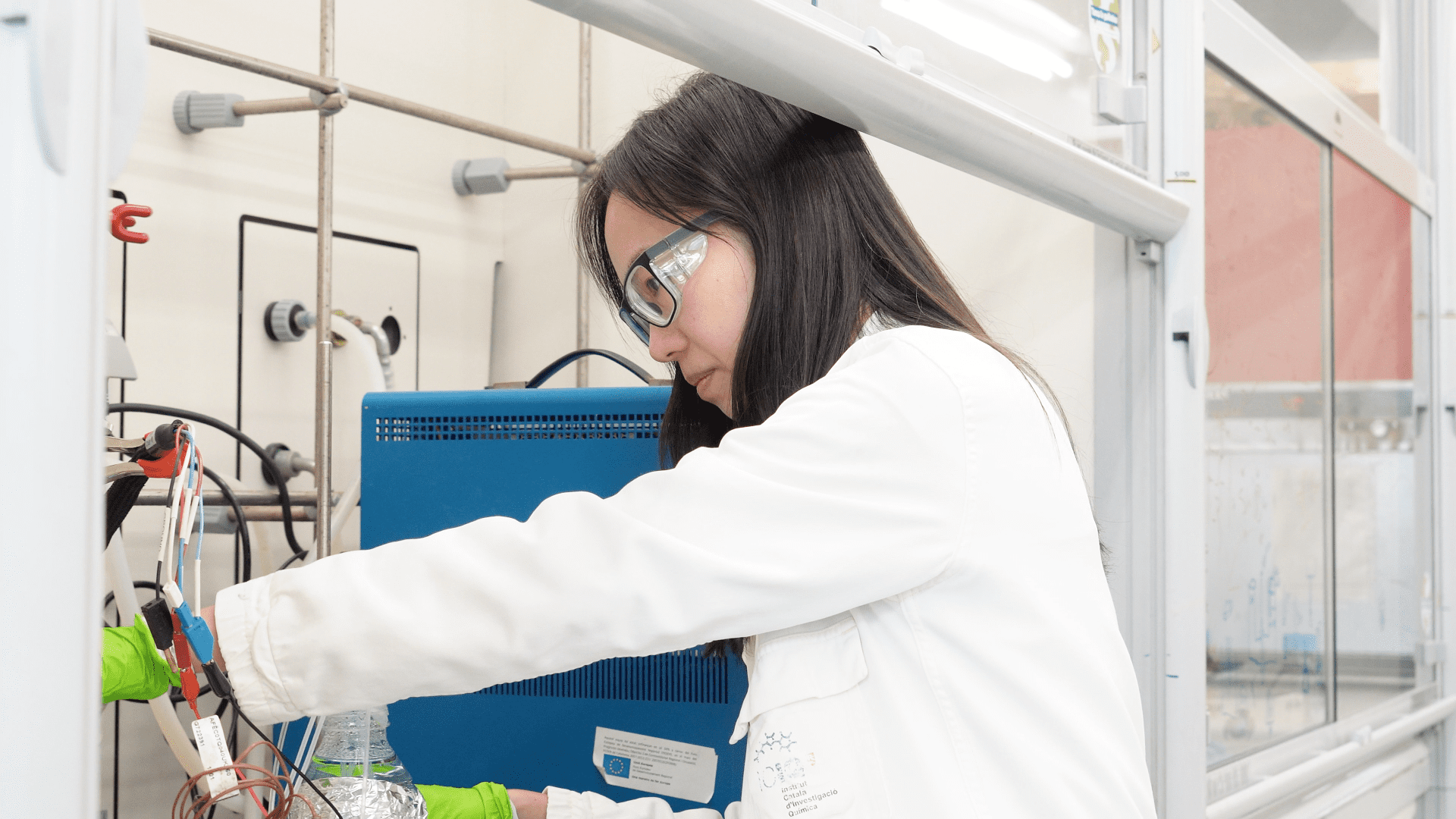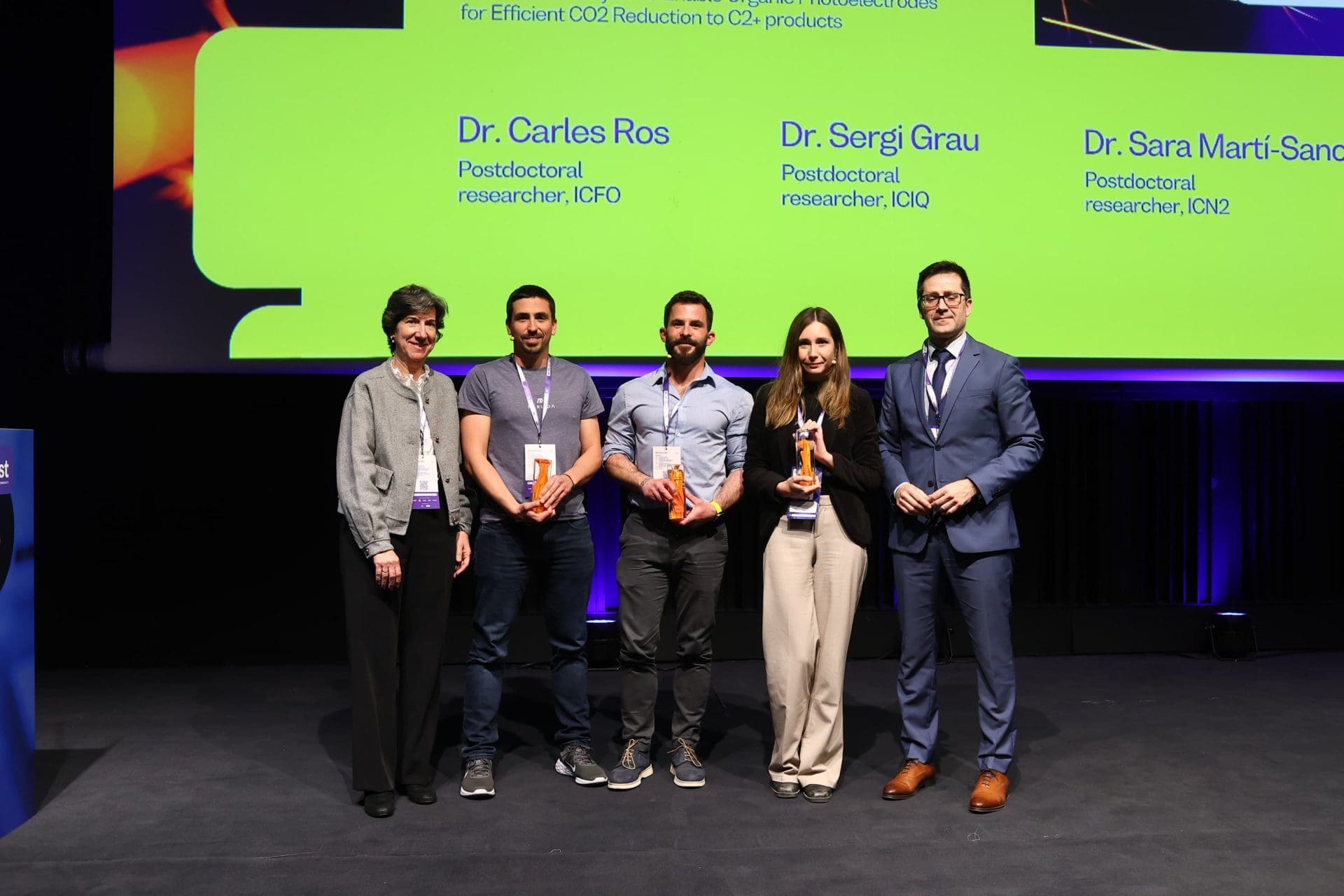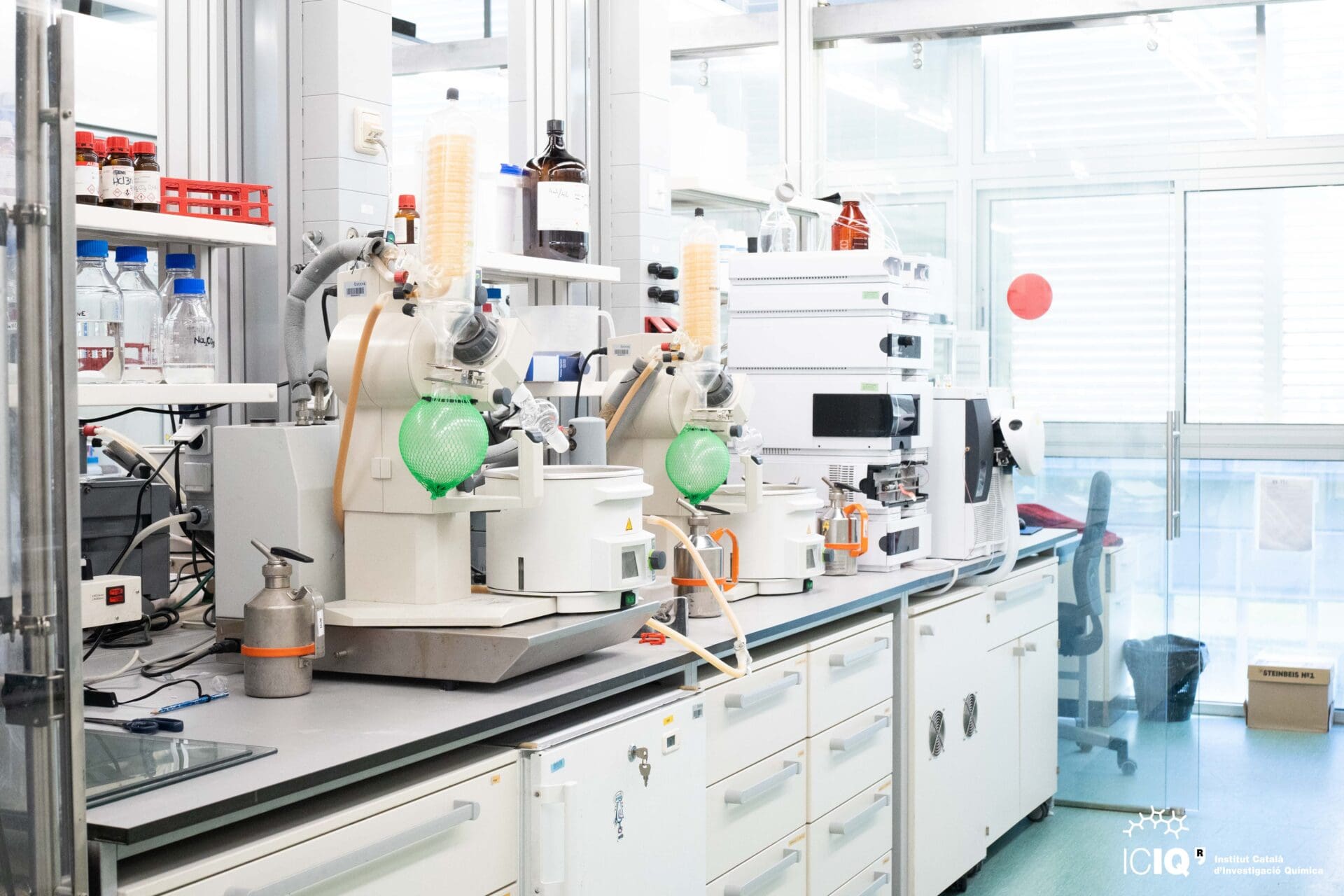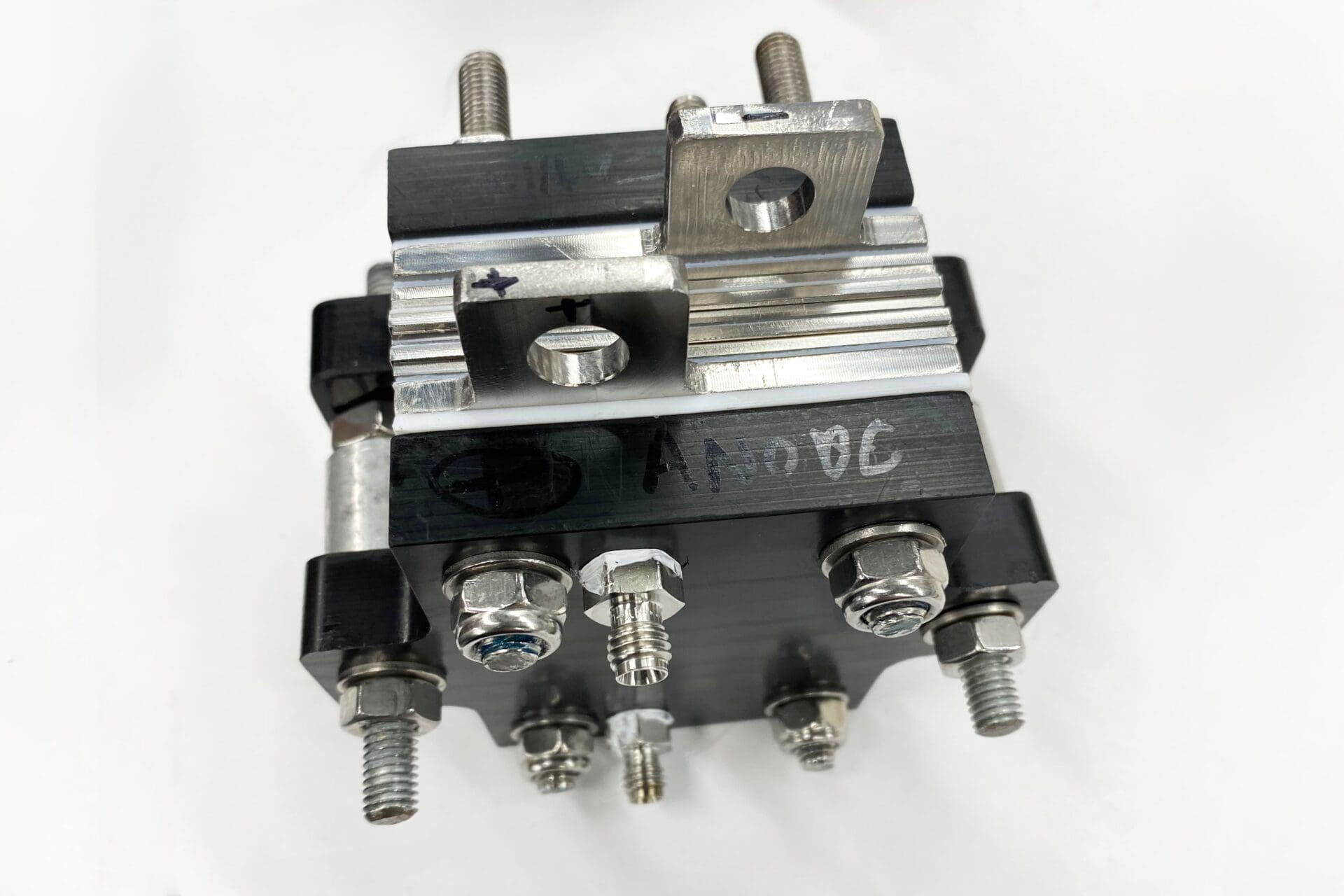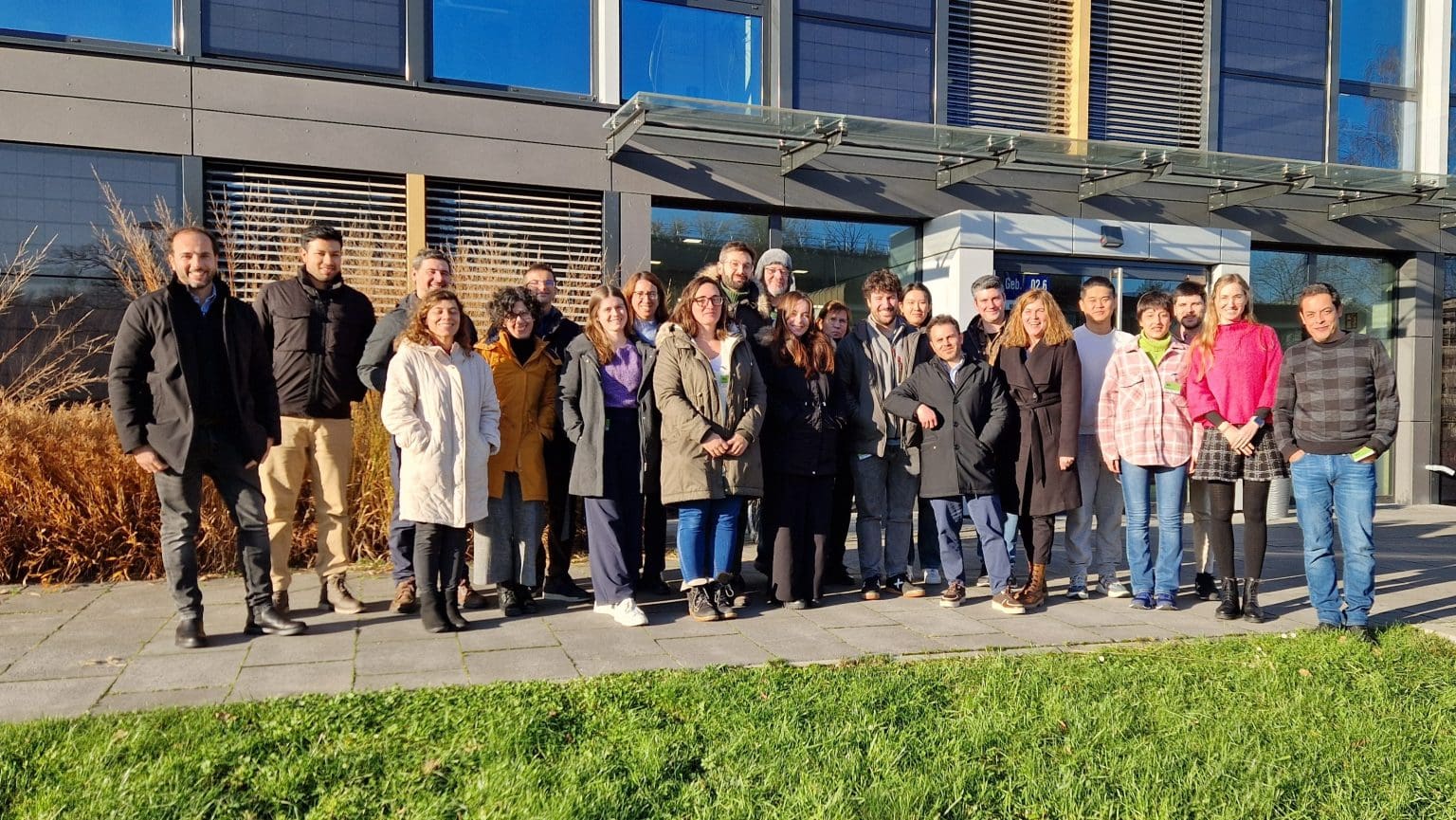Projects A-LEAF & LICROX participate in Research Meets Industry
16th March 2021 – Two ICIQ-led projects, A-LEAF and LICROX, have participated in the “Research Meets Industry” virtual gathering organized by the FET project BRIEFING: Bridging the FET Innovation Gap. During the event, the participating projects presented their breakthrough innovations to an audience of companies, corporates, research institutions and business stakeholders. “The final aim of the event is to create connections: for researchers to connect with investors and companies to develop an ambidextrous approach to innovation. These are potential interactions that will mobilize the best researchers and facilitate the market penetration of their research in the next years,” said Francesco Matteucci, EIC Programme Manager.
 The session entitled “Focus on Solar Fuel and Energy Harvesting” included the participation of the two projects spearheaded by ICIQ. Prof. José Ramón Galán-Mascarós opened this second session with the A-LEAF (An artificial leaf) project, devoted to the creation of a photo-electro-catalytic cell from earth-abundant materials for sustainable solar production of CO2-based chemicals and fuels. “After four years of work, the device has been built and its working conditions optimised. The system doesn’t need to work with concentrated CO2, but the concentration of the gas will limit the performance of the device. Beyond all technological requirements, we limited our project to abundant non-critical raw materials and scalable processes because we dream of a technology that is economically competitive with fossil fuels – and scalable, which will be the next step,” explained the scientist.
The session entitled “Focus on Solar Fuel and Energy Harvesting” included the participation of the two projects spearheaded by ICIQ. Prof. José Ramón Galán-Mascarós opened this second session with the A-LEAF (An artificial leaf) project, devoted to the creation of a photo-electro-catalytic cell from earth-abundant materials for sustainable solar production of CO2-based chemicals and fuels. “After four years of work, the device has been built and its working conditions optimised. The system doesn’t need to work with concentrated CO2, but the concentration of the gas will limit the performance of the device. Beyond all technological requirements, we limited our project to abundant non-critical raw materials and scalable processes because we dream of a technology that is economically competitive with fossil fuels – and scalable, which will be the next step,” explained the scientist.
 Prof. Antoni Llobet introduced the audience to LICROX, a project aimed at the fabrication and test a photoelectrochemical cell (PEC), an artificial photosynthesis device for converting sunlight, water and carbon dioxide (CO2) into carbon-based molecules able to store chemical energy. During his talk, Prof. Llobet highlighted the importance of the energy transition “LICROX wants to contribute to the transition from contaminating fossil fuels into something environmentally friendly and sustainable, like solar fuels. We want to transform water to hydrogen and reduce CO2 to ethylene, a very important chemical raw material for many industrial areas”.
Prof. Antoni Llobet introduced the audience to LICROX, a project aimed at the fabrication and test a photoelectrochemical cell (PEC), an artificial photosynthesis device for converting sunlight, water and carbon dioxide (CO2) into carbon-based molecules able to store chemical energy. During his talk, Prof. Llobet highlighted the importance of the energy transition “LICROX wants to contribute to the transition from contaminating fossil fuels into something environmentally friendly and sustainable, like solar fuels. We want to transform water to hydrogen and reduce CO2 to ethylene, a very important chemical raw material for many industrial areas”.
In the afternoon session other five projects (aside from A-LEAF and LICROX) delivered presentations: SoFiA (Soap film based artificial photosynthesis producing renewable solar fuel), MAGENTA (a project that proposes a magnetic nanoparticle based liquid energy materials for waste-heat recovery applications), HARMoNIC (Developing solutions related to water utilization for significant enhancement in efficiency of thermal power generation and water harvesting to reduce the shortfall in global fresh water supply), NANO-EH (Nanomaterials enabling smart energy harvesting for next-generation internet-of-things modules, facilitating module level recyclability), and ELECTRO-INTRUSION (exploration a new and highly efficient method and apparatuses for the simultaneous transformation of mechanical and thermal energies into electricity), while the morning session revolved around the topic “Focus on Energy Storage and Conversion.”
FET Briefing is an EC initiative that facilitates the translation of European research excellence into tangible innovative potential. The project supports researchers in their innovation exploration and fosters connections between researchers and different business stakeholder groups.
Related news

Let's create a brighter future
Join our team to work with renowned researchers, tackle groundbreaking
projects and contribute to meaningful scientific advancements





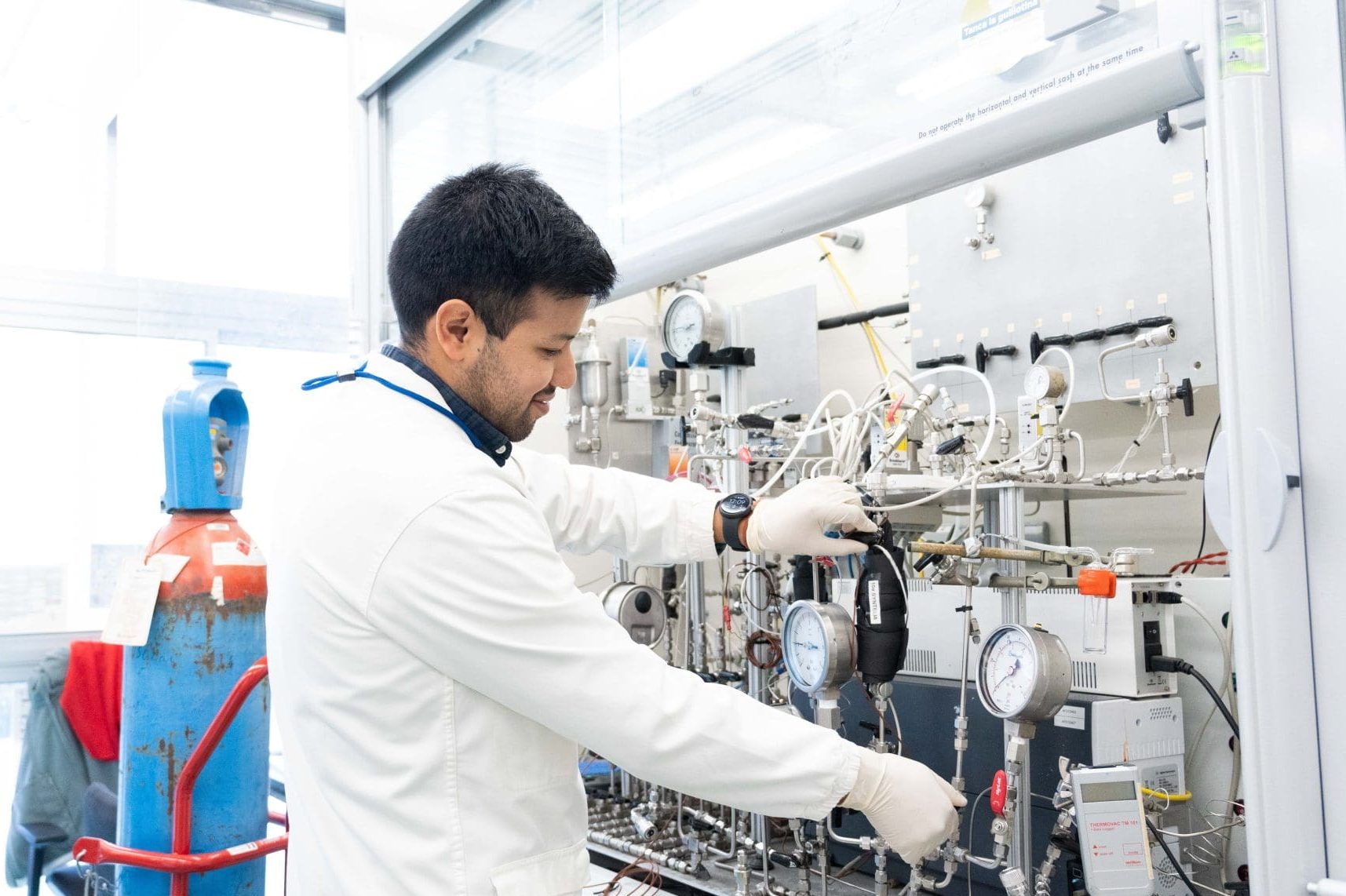
 15-04-2025
15-04-2025 